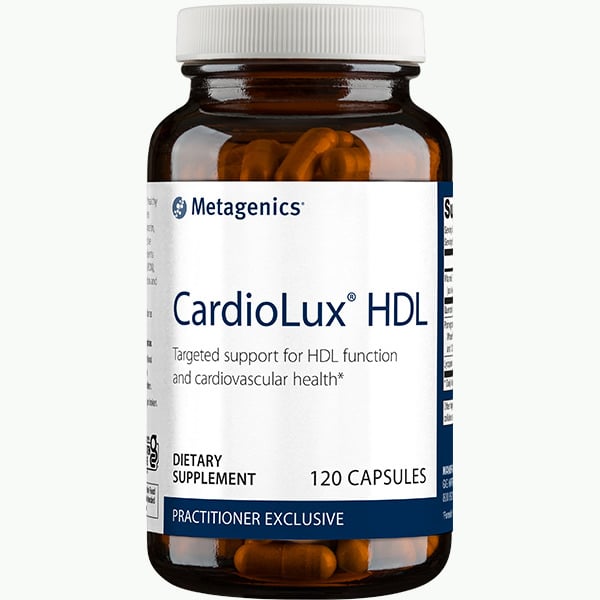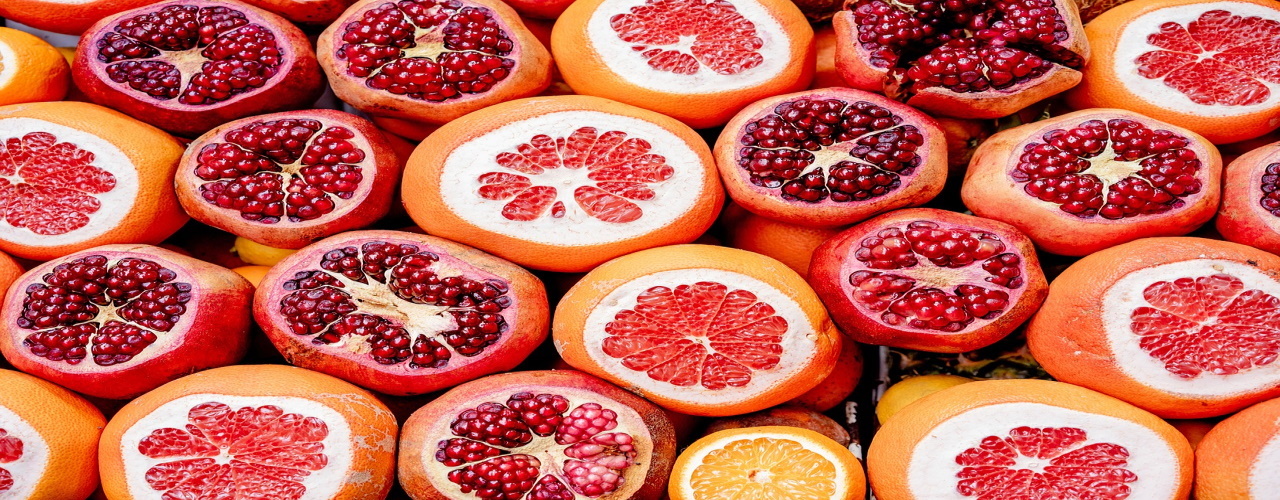There is nothing else in the world of nutraceuticals that can compare to the attributes that this polyphenol and its metabolites have to offer.
Pomegranate and pomegranate juice both contain a particular sort of polyphenol called punicalagin. Punicalagin is a multifunctional polyphenol that is a good friend. It is the biochemical equivalent of the kind of friend you can call at two in the morning to help you bury a body or, in this case, help you prime your reproductive system.
Punicalagin: Who Is Your Best Friend Now?
You may have never heard of it. Here are a few examples of how punicalagin or its metabolites can benefit your health in particular:
Viagra-like effects of punicalagin
Punicalagin immediately relaxes the smooth muscle fibers in the penile arteries, increasing blood flow to the penis by increasing nitric oxide (NO).
47 percent of the 61 male participants in a double-blind crossover trial believed that pomegranate/punicalagin boosted their erections
Punicalagin helps blood vessels stay healthy.
Punicalagin can increase NO levels, which naturally dilates blood vessels, but it also seems to enhance overall circulatory function due to its potent antioxidant properties.
Numerous studies have shown that it can generally enhance blood flow and even prevent arterial plaque formation (roto-rooter out the plaque, and you automatically improve blood flow).
Robust and healthy blood vessels can provide a sizeable percentage of the pressure necessary to pull your penis upward since erections are all about hydraulics.
Punicalagin prevents testosterone from being converted to estrogen.
Both the parent substance and its metabolite are potent aromatase inhibitors, which prevent testosterone from being converted to estrogen and raise natural testosterone levels.
This elevation is also significant. According to a study of men and women, Punicalagin increases testosterone levels by an average of 24%.
Punicalagin blocks the conversion of testosterone to DHT.
Punicalagin, the primary component, and its metabolites block the 5-alpha reductase enzyme, which encourages an average PSA level and prevents prostate growth (thus supporting healthy urinary flow).
T Cells – One more superpower
While the list above of benefits is impressive, recent research has revealed pomegranate/punicalagin to possess a new skill:
A group of German researchers claims that it causes the immune system’s “bouncers” to scour the body for suspect individuals who are out to cause trouble and havoc to produce new, continuous supplies of revitalized T cells.
As a result, they are crucial in providing the timid immune system the courage to stand up and take care of business.
Looking for aging mitochondria
But it must be made clear that punicalagin contributes nothing at all by itself to all of this. Your body doesn’t even absorb it very well.
However, microorganisms convert it into ellagic acid after it has gone through your digestive system. Most of these substances turn into urolithin (urolithin A, B, D, etc.), which all enter your circulation through the colon rather effectively.
So, despite all the accolades for pomegranate/punicalagin, German researchers are more excited by urolithin. Encouraging “mitochondrial autophagy,” a biological adaptation of that old movie, it reportedly strengthens the immune system.
The cells containing these outdated mitochondria are renewed due to their removal and replacement, allowing them to continue to be a productive, healthy part of the cellular “society.”
The Greatest Immune System Defender
The knowledgeable Frankfurters noted, for example, that neoplasms frequently result in the inhibition of the T cells intended to fight them, causing them to develop uncontrollably.
The administration of punicalagin/urolithin allows the mitochondria within the T cells to be renewed and recycled, enabling them to fight malignant tumors fiercely.
Furthermore, the sort of T cells that developed due to the urolithin intervention was “T memory cells,” the most vital type of immune system fighter.
They differ from other immune system cells in that, after coming into contact with a pathogen, they “remember” it, enabling a quicker and more effective response should the pathogen recur.
How Much Urolithin/Punicalagin Do I Need?
Urolithin does have a drawback, though, and it has to do with getting older. Due to changes in the gut flora, the amount of urolithin produced as we age falls to around half of what it was in our childhood.
Fortunately, German researchers discovered that the intake of urolithin into the body by eating punicalagin from pomegranates is the healthiest way to boost the immune system.
Your first reaction might be drinking pomegranate juice to cheer up the Pom Wonderful staff.
However, regrettably, punicalagin is predominantly found in the pomegranate’s root, bark, and leaves, leaving the juice lacking those polyphenols.
Commercially available pomegranate juices do contain punicalagin, but only in small amounts.
Therefore, taking a supplement is the most effective strategy to increase your intake of punicalagin, ellagic acid, and urolithin.
Because the punicalagin concentration in this supplement was so high, we used it as the basis for vascular sexual health, urinary tract health, prostate support, and, reportedly, as a robust immune-enhancing supplement.

Each serving contains 500 mg of Quercetin, 10 mg of Lycopene from natural tomato extract, and (Punica granatum L.) Extract† [standardized to 200 mg gallic acid equivalent (GAE) and 125 mg punicalagins](from pomegranate).
P-components in these nutraceutical supplements should work synergistically to improve your urination. The supplement also supports your all-too-vulnerable prostate and might help you have better sex because it raises testosterone levels and increases blood flow to the penis during arousal. It also seems to be a crucial ally for your immune system.
Oh, and to a significant extent, the aforementioned also applies to women. Female vascular sexual health, urinary tract health, and a host of other general health benefits are all positively impacted by the product, despite the fact that women do not normally have prostates. None of these benefits are specific to women.
